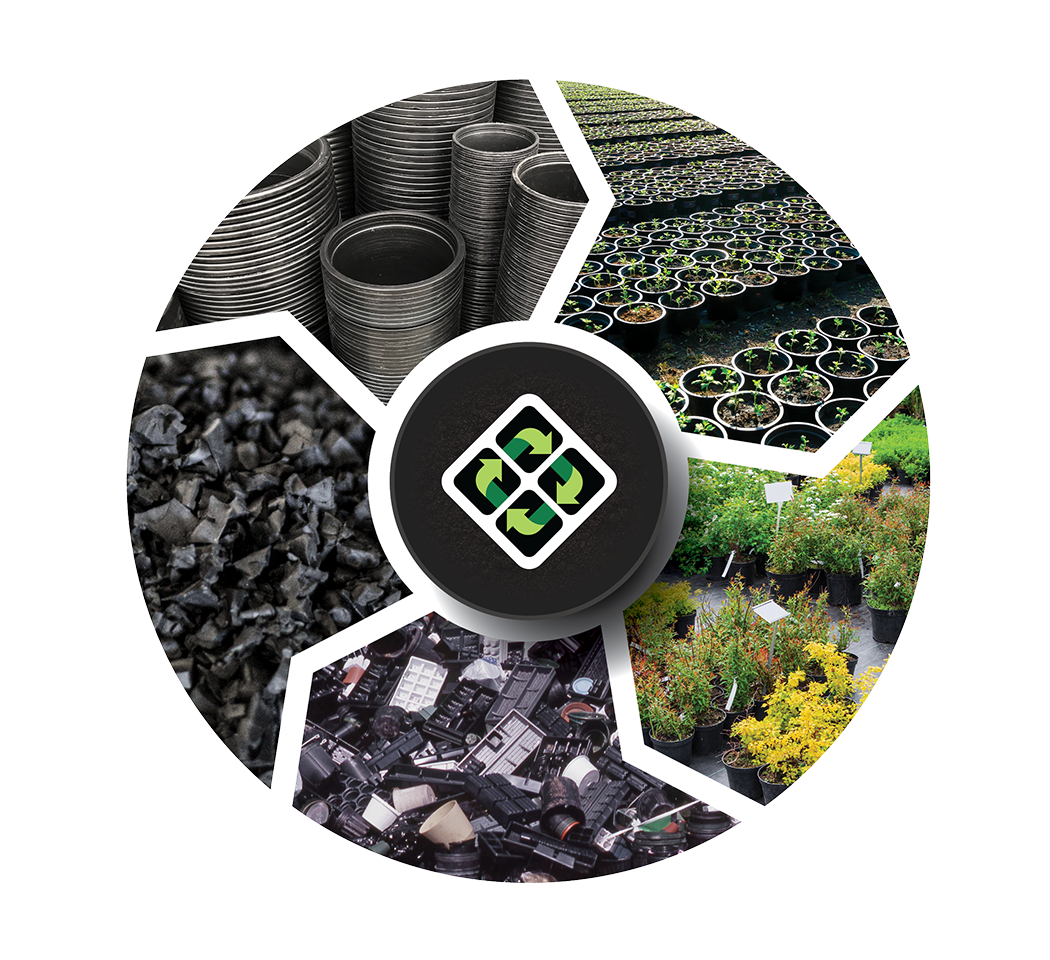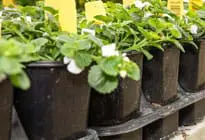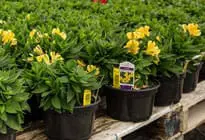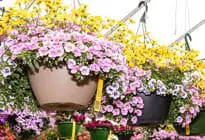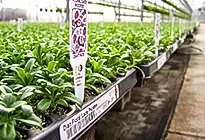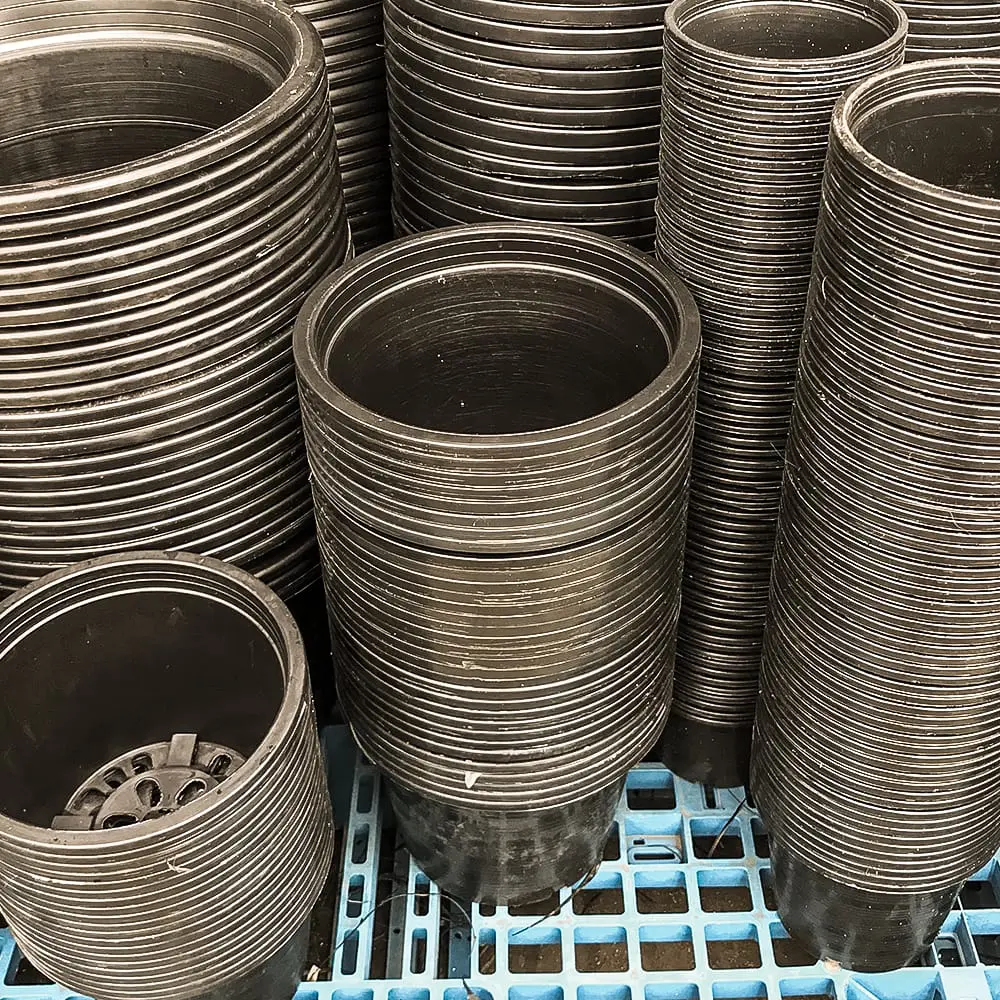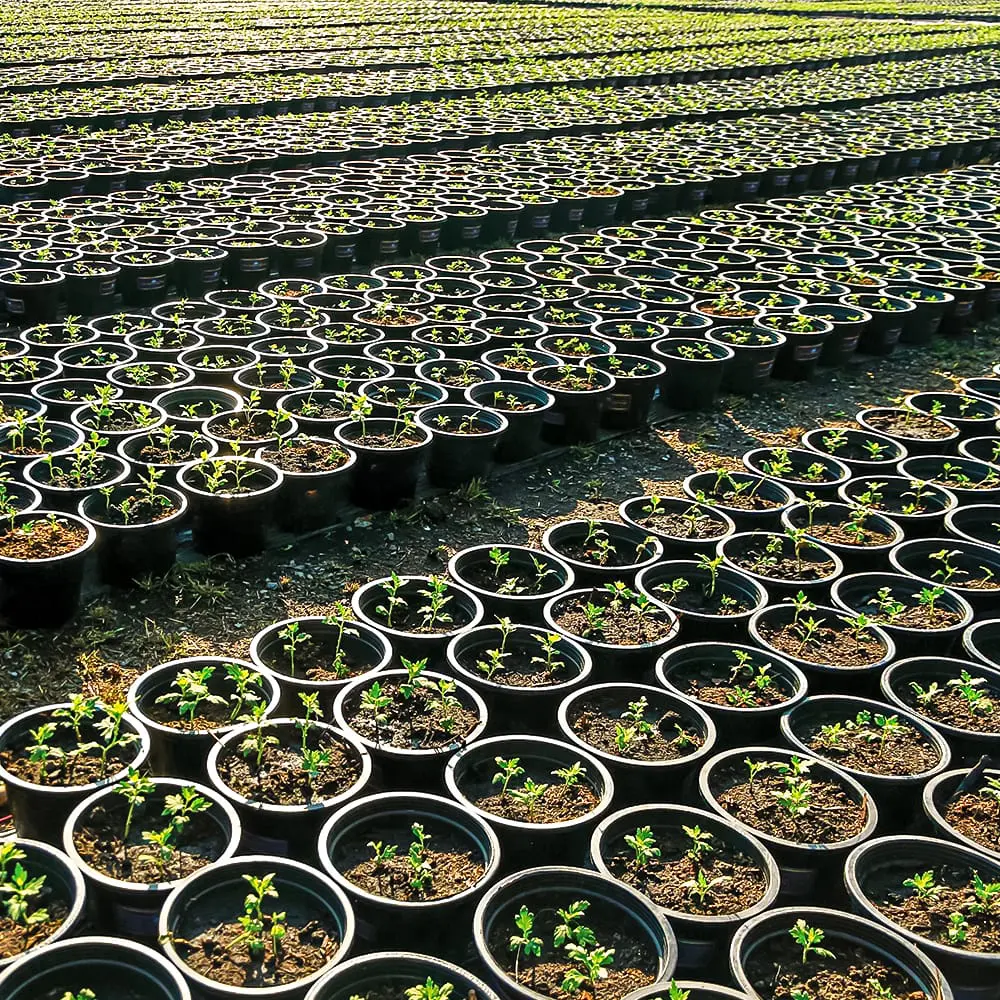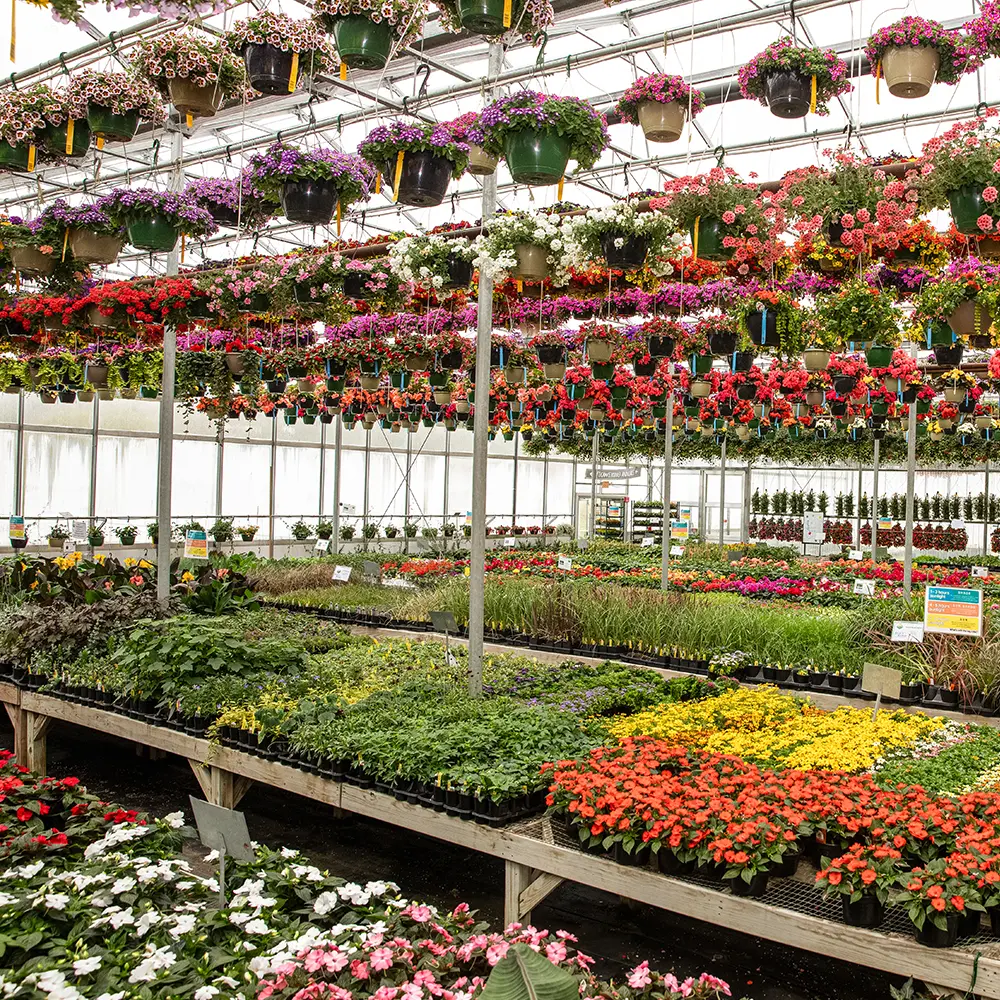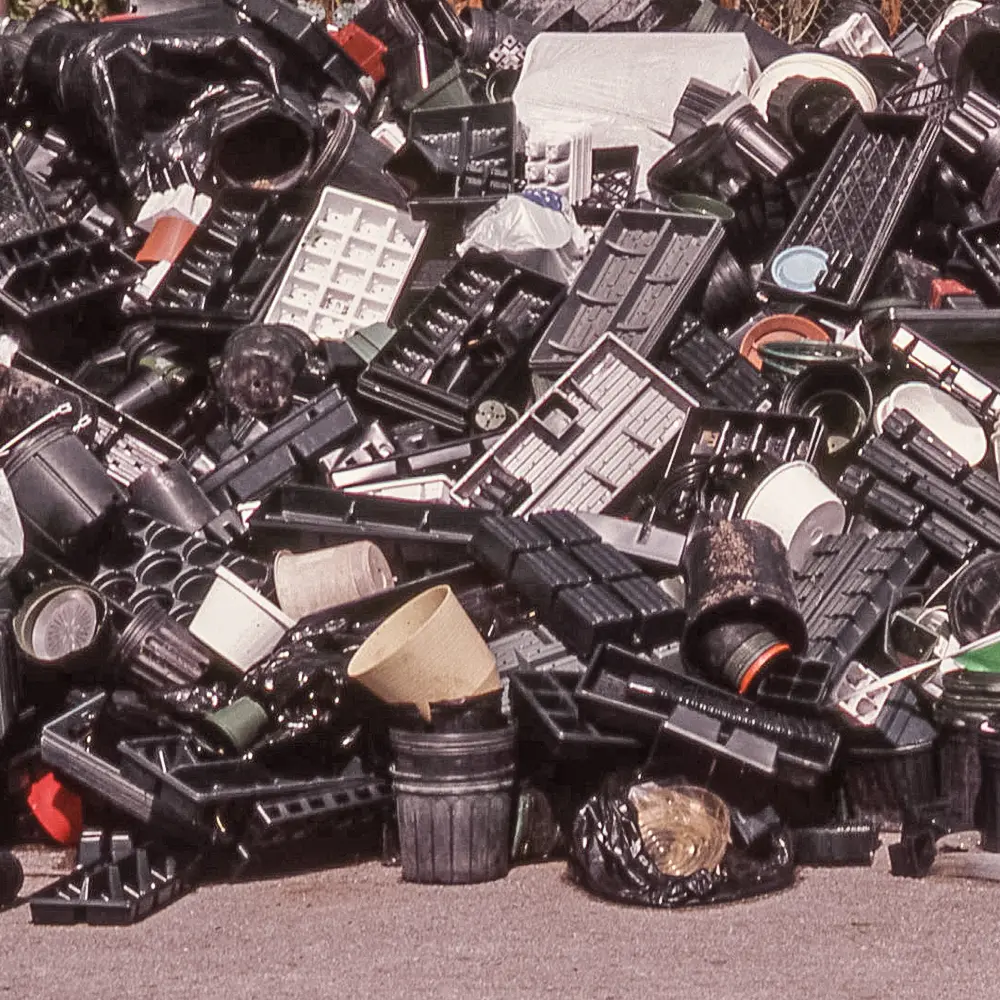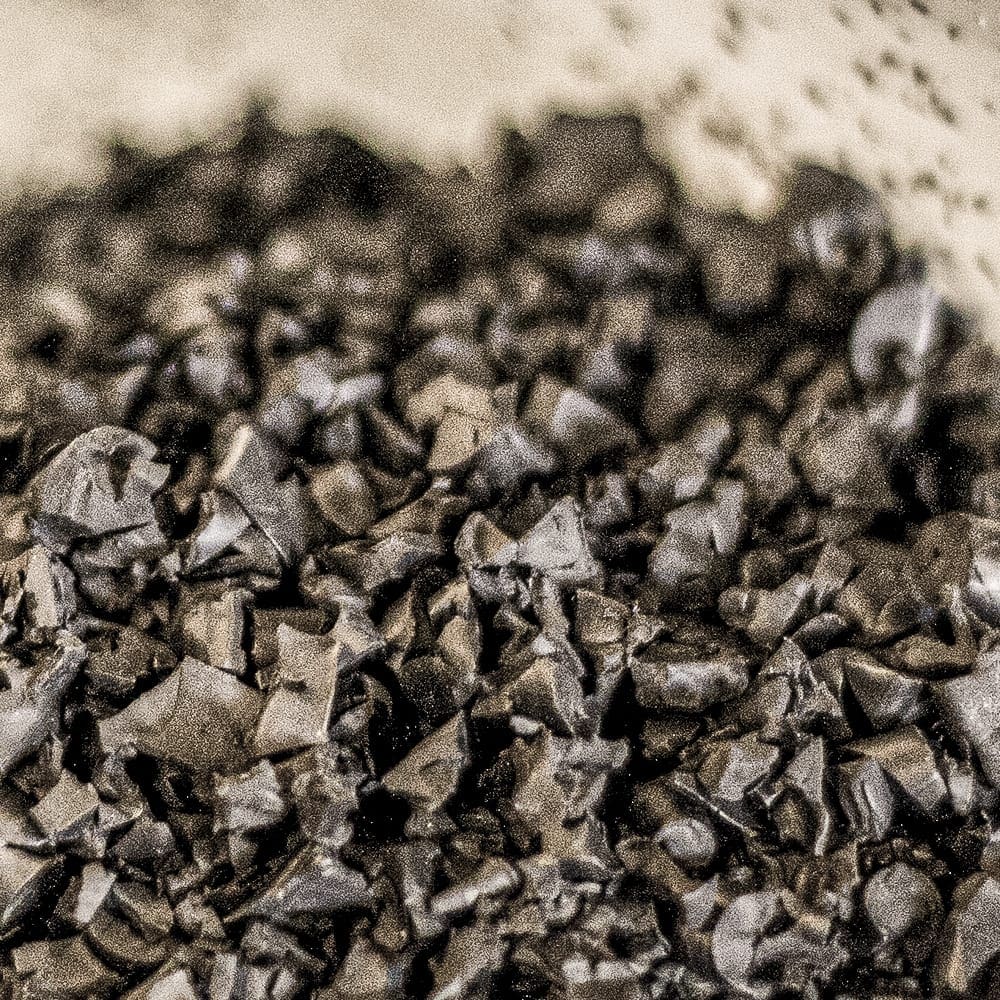Take your growing operations to the next level with our revolutionary horticultural containers—from marketing and production to shipping.
SHUTTLE POT® & SHUTTLE TRAY® Line
One of our most popular products, these study pots and trays are designed to move more plants, more quickly than ever before.
SHUTTLE™ Line (Pots, Hanging Baskets, Planters & Bowls)
Functional and attractive, this fully featured line is designed to go the distance for long term use in outdoor environments.
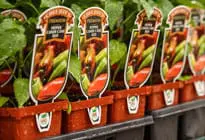
Ideal for use on automated destacking, filling, transplanting and transport equipment—made from up to 100% recycled horticultural containers.
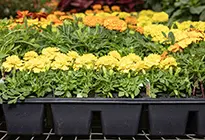
Designed to create an ideal environment for seeds to germinate and grow into incredible plants, available in a wide variety of sizes.
Built with uniform wall thickness and precision-engineered to exact tolerances to deliver the consistent performance you need.
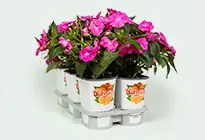
Printing & Labeling
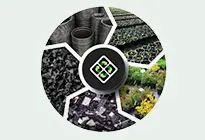
Our Recycling Process
Sustainable practices done right
With demand for sustainable practices continuing to grow, we’re committed to delivering high-quality plastic products through our fully energy-efficient, closed-loop plastic recycling process.
Better for growers, the industry, and the planet
20 Million
We recycle nearly 20 million pounds of used plastic from horticultural containers each year.
12,767 Cars
20 million pounds of recycled horticultural plastic is equivalent to 12,767 midsized cars worth of landfill space.
80 Years
We’ve been committed to the horticultural industry for nearly 80 years by continually evolving our sustainability initiatives.
100% PCR
For growers, garden centers, and retailers, we create up to 100% post-consumer recycled (PCR) solutions—certified by The Association of Plastic Recyclers (APR).
Frequently Asked Questions
Right now, consumers can take their used growing containers to participating retailers nationwide. Collection carts are located at these stores throughout the spring and summer months!
We currently cannot accept greenhouse film for recycling. East Jordan Plastics is not an end-user of this type of plastic.
We currently cannot accept empty plastic fertilizer bottles or other empty chemical bottles due to possible contamination.
No. These materials cannot be recycled and used to make new growing containers from polystyrene, polypropylene, and high-density polyethylene.
Growing containers do not need to be sorted by color, just by plastic type. We accept polystyrene (recycling symbol 6), polypropylene (recycling symbol 5) and high-density polyethylene (recycling symbol 2).
Yes, however each individual pallet or bale of plastic to be recycled must be comprised of the same material type.
East Jordan Plastics can pick up loads of plastic across the United States and in some areas of Canada.
Absolutely. If you’re interested in sending a delivery of plastic to us for recycling, please email sh_deliveries@ejplastics.com or call 269-637-3700 ext. 3320 in advance to schedule a delivery.
The minimum quantity for pick-ups is handled on a case-by-case basis, and you don’t necessarily have to have an entire truckload of plastic material to recycle. We work with growers to figure out a solution to help them get their plastic material to us.
However, in many cases, pick-ups are not guaranteed until we coordinate plastic material pick-ups with other growers in your area so our trucks can be as full as possible.
Anyone interested in recycling their horticultural containers can recycle them with EJP. However, purchasing your growing containers from EJP truly closes the horticultural container recycling loop.
Yes, in fact it’s encouraged. When multiple growers are consolidating their plastic material at a central location for pick-up, it is important that each grower mark each individual skid with their greenhouse information. This ensures that everyone gets credited properly.
For truckload quantities of plastic material, we can usually pick up within two weeks of being notified. When possible, we try to coordinate pick-ups of plastic to be recycled with the delivery of our finished growing container products or when a truck is in the area.
Yes, we can pick up less than truckload quantities of plastic material. However, we need to coordinate pick-ups with other growers so the returning trucks can be as full as possible.
A full truckload of material is 26 skids stacked to 90-100″ in height, so pallets need to be stable and heights should be 90-100″ or 48″ for double stacking.
Payment is dependent upon material type, quality of sorting, quantity of material, location, and current resin markets. For pricing in your area, call: 269-637-3700.
Payment can either be made by a credit to your account or by check. Many customers who purchase growing containers from EJP prefer to have their accounts credited. Checks are issued to customers who do not buy growing containers from EJP.
Yes. We have delivered pricing and FOB (your location) pricing.
Hear from customers who made the choice
Participate in our recycling program
Together, we can make The Sustainable Choice. Fill out the following form to learn how you can participate in the program and recycle your plastic growing containers.
